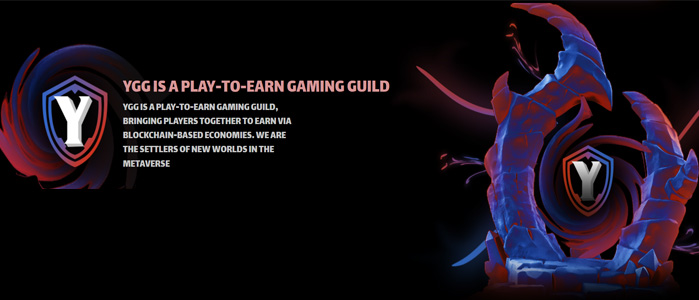2021 witnessed a massive growth in blockchain-based play to earn games, thanks to the rave and hype around it. Although the hypes are slowing down, many new adopters are signing up for the experience.
Without a doubt, the euphoria will dissipate at some point but some trends are not likely to go down. These trends may become the pillar upon which play-to-earn gaming lean. So, what are these trends?
Community-based Profit Sharing
One major trend that play-to-earn projects will likely latch on to for survival is community-based profit sharing. Projects interest in harnessing the interest of gamers in NFT tokens will tilt towards creating a profit-sharing model that will exploit price appreciation of non-fungible tokens. Consistency is crucial in any business and the ability of these gaming projects to remain consistent in their delivery will depend on the availability of funds.
To ensure the inflow of funds and keep gamers happy, these projects will offer numerous opportunities to investors and gamers by offering a platform where investors that do not fancy playing games can invest and offer non-fungible tokens to players who cannot ordinarily afford them.


With this, players have games to play and they can earn rewards for their efforts while investors earn a percentage of the profits and everyone is happy. A use case for this trend is the Yield Guild Games. YGG is a play-to-earn gaming guild and a DAO focused on building a community that allows players to earn through a blockchain-based economy.
The Decentralized Autonomous Organization generates income by selling or renting out NFT assets to players as a profit-sharing model regarded as scholarships.
YGG has got the buy-in of many reputable game platforms and investments partners. They include The Sandbox, Axie Infinity, Star Atlas, Guild of Guardians, Splinterlands, and Illuvium, among others.


Combinations of DeFi, NFTs, and Play-to-Earn Gaming
Another trend worth looking out for in 2022 is the growth of investment funds and projects that look at combining areas of DeFi (decentralized finance), NFTs (Non-fungible Tokens), and P2E (play-to-earn). Although the gaming industry appeals to a specific niche, NFTs absorb abundant capabilities from different fields, ranging from real estate to art.
Blockchain technology has made mass adoption easier. In the nearest future, many real-world assets will be digitalized and recorded on distributed ledgers. This will offer interested holders easy access to invest in these digitalized assets than what is obtainable now. With time, fractional ownership of some premium items will also become possible.
That means investors would be able to own fractions of high-priced items, such as the copyright of a popular music album or movies, or hotels. One project that is worth mentioning as a use case is the BlackPool. This project is currently managed by a team of professional portfolio managers, analysts, and traders.
The long-term objective of the project is to become a leading financial derivatives provider in digital marketplaces. The project will offer asset valuation indexes, actively managed strategies, and insurance mechanisms. The project aims to offer democratized access to different scarce NFT assets not readily accessible to users.


Community-based Educational Support
Finally, community-based educational support is an emerging trend in the NFT and gaming industry where communities focus on educating members on how to earn rewards and money through gameplay. Without a doubt, blockchain-based games are challenging, especially for newcomers.
Some take time to learn and many others require upfront costs that may prevent many players from gaining access to such games. Game metaverses are well aware of these limitations and they are putting protocols in place to provide apprenticeships for players.
Many game platforms are now developing a P2E economy that helps gamers to transform from taking gaming as a hobby to becoming a steady stream of revenue generation. These platforms use one-on-one coaching sessions and educational content to help gamers improve their performances in games.
Currently, many active players have transformed from leisure gamers to professional gamers where they earn a steady income from their gameplay.
Conclusions
These are sustainable trends that will outlast any hype or rave that the NFT-based and play-to-earn game industry might have generated in recent years. With these, the industry will grow stronger as players and investors will derive value from their time and financial investments.


